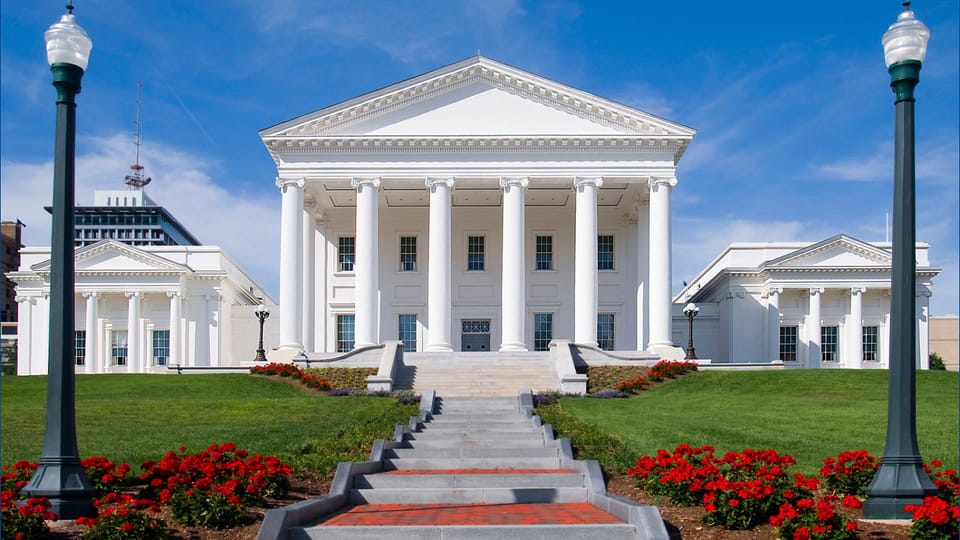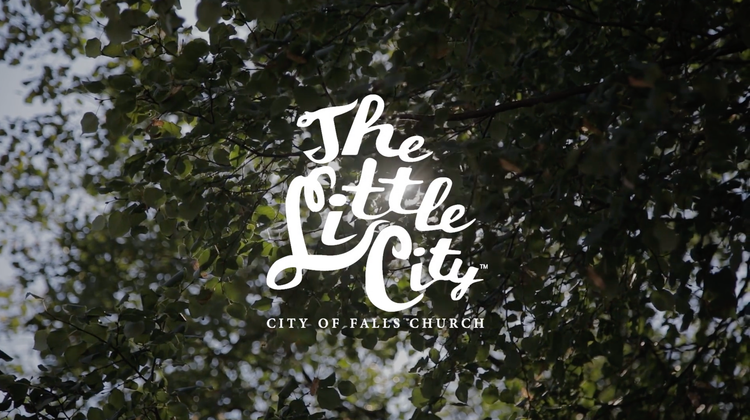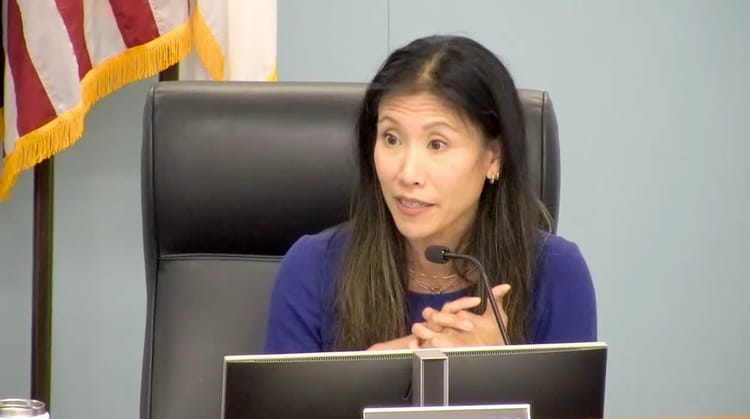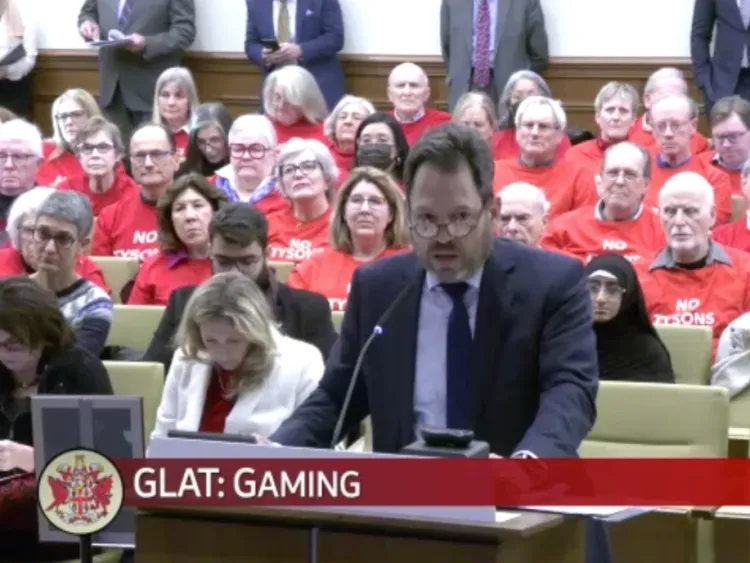Your Government at Work: Legislative Priorities for the Va. Autism Advisory Council

By Cindy Sieden,
On Tuesday, November 18, the Virginia Autism Advisory Council held a meeting in Richmond. This is a Council that was created in 2011 with the stated purpose of coordinating autism spectrum disorder resources and services, and recommending policies. In addition to other appointees, several General Assembly members serve on the committee, including local Arlington Delegate Patrick Hope, Fairfax Delegates Laura Jane Cohen and Kathy Tran, and Fairfax Senator Stella Pekarsky.
The discussion for this meeting centered on legislative priorities for the upcoming General Assembly session. Because the legislative session is so short (eight weeks in even-numbered years, six in odd), it’s really critical that field experts have a chance to discuss policy ideas in a collaborative setting like this before trying to rush legislation through the General Assembly.
Delegate Cohen proposed several bills, including one to develop model transition Individualized Education Programs (IEPs) that support students in the transition from the state-based Individuals with Disabilities Education Act (IDEA) high school accommodation standards to the federal ADA standards in colleges. Additionally, Delegate Cohen will sponsor a bill to study a pilot program at VCU for an inclusive post-secondary education program (IPSE) modeled on the George Mason “Mason Life” program, to allow students with intellectual and developmental disabilities a chance to fully participate in the college experience in a supportive environment.

Delegate Hope urged the Council to give its endorsement to a bill that has been proposed — and failed — for the past several years that would make autism an “affirmative defense” in a charge of assault on a law enforcement officer, which is otherwise a felony that leaves a permanent mark on one’s record. Oftentimes these assaults are a result of an individual reacting to a sudden unsettling approach by the law enforcement officer, who may not be well trained in how to de-escalate in such situations, and an assault can be as minor and unharmful as spitting, or throwing an onion ring. Delegate Cohen additionally asked the Council to keep an eye on Second Look legislation, which would allow judges to revisit long prison sentences after many years have been served and rehabilitative steps have been taken. She said this also disproportionately affects the autism community.
Senator Pekarsky discussed her upcoming bill to include information about the Driver Communication Improvement Program, also known as the Blue Envelope Program, in the high school Driver’s Ed curriculum. The blue envelope is printed by the DMV for use by drivers diagnosed with autism spectrum disorder to ease communication with law enforcement officers after a traffic stop or accident.
Finally, Fairfax Senator Jennifer Boysko will be sponsoring a bipartisan bill to offer an educational diversion program wherein an autistic person charged with a minor crime may enter an agreement before they are sentenced, to obtain educational resources in order to avoid jail time, as well as to have their criminal record automatically expunged.
These are important policy proposals that would provide opportunities for people with autism, and would help the communities around them communicate better with them and serve their needs better. Sometimes the news — with very limited coverage of local and state government work at all, focuses only on the hot button topics, but there are also countless other policy areas like this that our legislators work on that impact the lives of everyday Virginians.
Cindy Sieden is a Falls Church City resident of more than 15 years. She discovered several years ago that her civic duty extended beyond merely voting when an election arose, and now takes a very active role in following state and local government and helping others understand how those governments work, what actions they take, and how to advocate for issues important to them. She founded the Virginia Progressive Legislative Alert Network (VAPLAN) to that end, and is also a regular contributor at Blue Virginia.






Member discussion